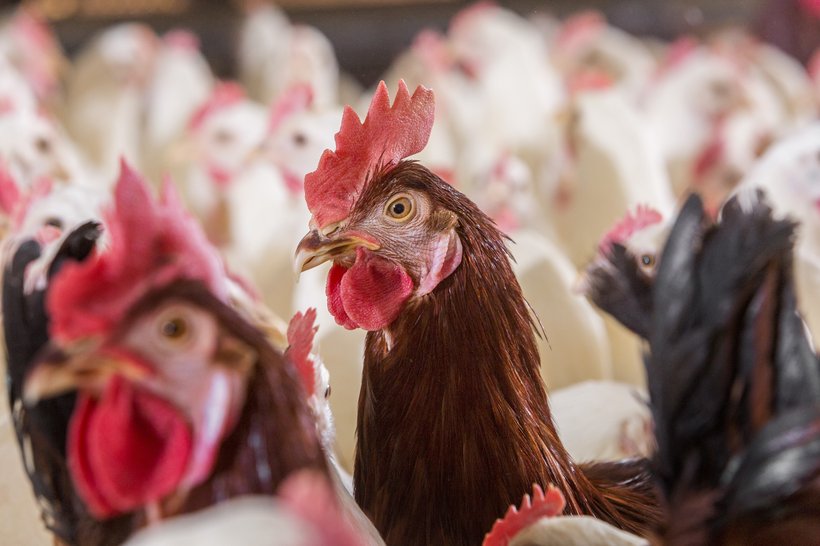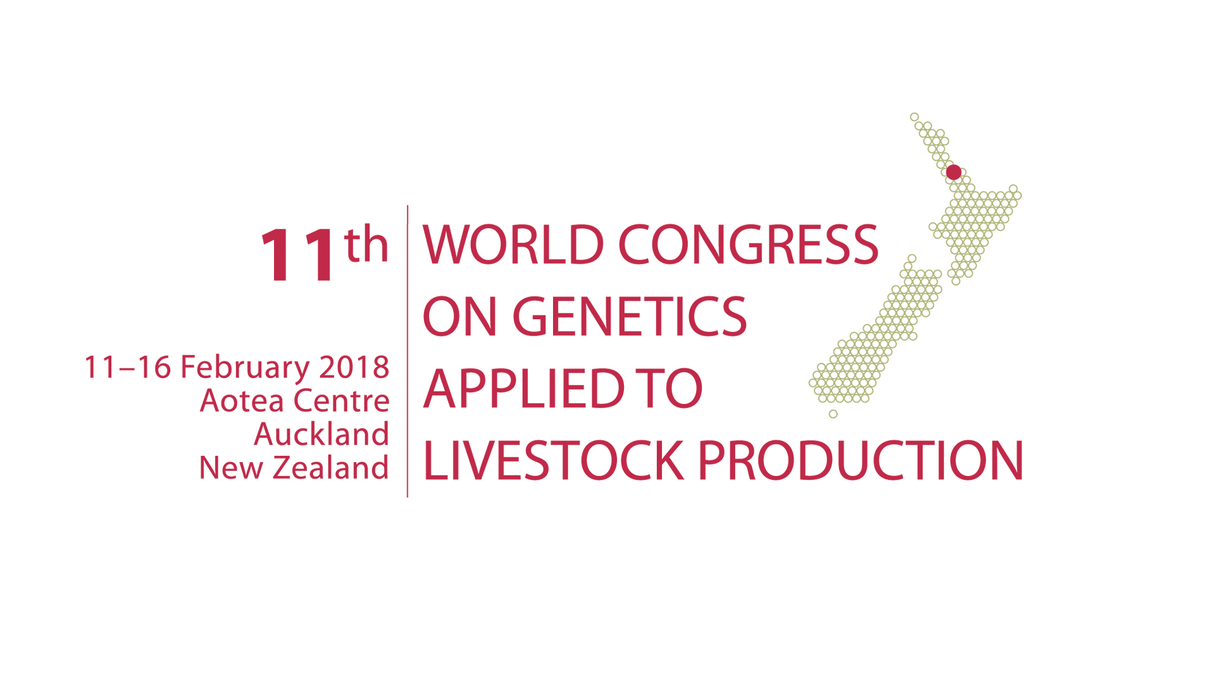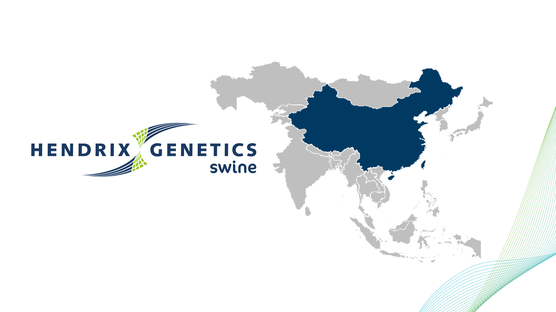
Published on Feb. 2, 2018
Susceptibility to pre-natal stress in laying hens
This study provides more insight into how different variables affect the overall health of future generations of laying hens.
The chicken egg industry is a world leader in animal protein. The latest UN figures put the total world production of chicken eggs at 1.1 trillion eggs/year. Depending on where you find yourself in the world, conditions can vary greatly. Variables can include feed, temperature, housing system, lighting, welfare standards and of course genetics. For producers, it can be a bit of a puzzle to juggle all of these variables and to at the end of the day make a profit. The rising consumer demand for greater welfare standards in many parts of the world, particularly in Europe and North America has required the industry to look at all of the factors affecting their production.
The solution
Mariana Roedel, a PhD student focused on animal behaviour and welfare at the University of Guelph’s Department of Animal Bioscience has conducted research to better understand certain variables. Working with the Department of Integrative Biology and the Campbell Centre for the Study of Animal Welfare, she conducted a study that focused on determining what effects age, psychological stress and pharmaceutical stress had on offspring. Two of the parent stock lines that were used were from Hendrix Genetics, the ISA Brown and Shaver White. The experiment showed that brown layers are more prone to pre-natal maternal stress, with pullets showing a decreased body weight since hatch, compared to white lineages. The experiment also showed that the age when the mothers were submitted to stress also affects the body weight of the offspring: young brown mothers (32 weeks of age) are more susceptible to transfer the negative impacts of stress to their offspring than white mothers at the same age. Mariana’s study shows that pre-natal stress, genetic line and maternal age of the breeder flock interact to affect the growth of the offspring in commercial strains of laying hens.
Mariana recently presented at the Hendrix Genetics Academy 2017 in Montreal and will present this work at the upcoming WCGALP in New Zealand. As the platinum sponsor for WCGALP 2018, Hendrix Genetics is proud to give a platform for Mariana and the many other scientist that will present during the event. Continue to follow us for more details and other useful industry information.

If found that changes in stress response due to experience of the breeder flock are readily transferred to the offspring, it could improve selection for the most resilient traits in birds.




